Probiotics are live bacteria that help to keep your gut happy and healthy. By including them in your diet, you can strengthen the immune system and reduce gastrointestinal issues.
Microbes in the lower intestinal tract help us digest food, fight harmful bacteria and regulate the immune system. However, there can sometimes be an imbalance in these microbes, which can lead to diarrhoea and other complaints. Probiotics can help to restore this balance and reduce unhealthy levels of certain bacteria. These live bacteria occur naturally in a number of foods like sauerkraut or yogurt and in supplements. They are extremely helpful in promoting overall wellbeing, strengthening the immune system by balancing the microbiome - our internal ecosystem of microbiota. Each probiotic is a specific strain of bacteria with a different health benefit. Taking a blend of probiotics is one of the most effective ways to support your general health.
Probiotics secrete protective substances which help activate the immune system and prevent pathogens from taking hold. However, studies on gut health and the relationship to probiotics are still in their early stages. Some studies suggest that if you take a probiotic while taking antibiotics, you're less likely to experience diarrhoea, a common side effect. Probiotics taken as a supplement may also reduce the number of colds you'll have in a year.
These live bacteria and yeasts are commonly used to reduce gastrointestinal symptoms such as gas, bloating and constipation. A broad range of probiotics can help to manage conditions such as IBS, IBD, Crohn's Disease, Ulcerative Colitis, high cholesterol, diarrhoea constipation, lactose intolerance, weight gain and stomach bugs . Probiotics can also help with digestive microbiome differences.
Studies have shown that people who experience constipation have different intestinal microflora than people who don’t. However, at this stage we don’t know if constipation is the cause or effect of these different ecosystems (1). Probiotics can lower the pH levels in the colon, which might help the stool move faster through it (2). They also relieve antibiotic and Clostridium difficile related diarrhoea. Probiotics replenish the good bacteria that antibiotics might have killed (3) and can also increase nutrient absorption from protein, calcium, polyphenols and other vitamins and nutrients (4).
These positive microbes are key in replenishing healthy bacteria, strengthening the immune system and reducing gastrointestinal issues.

Reference







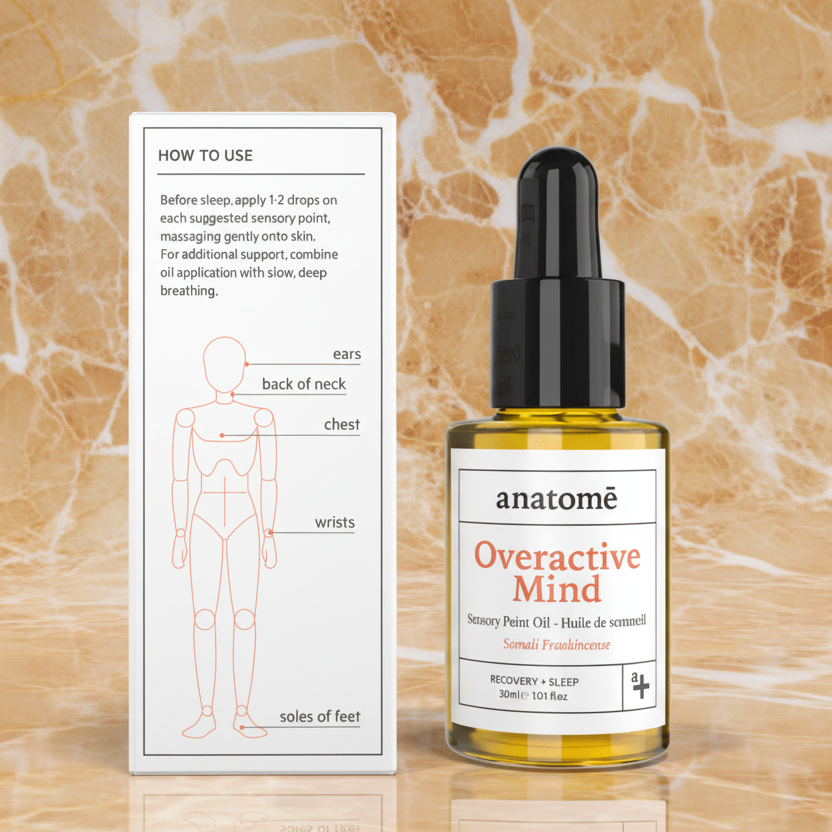



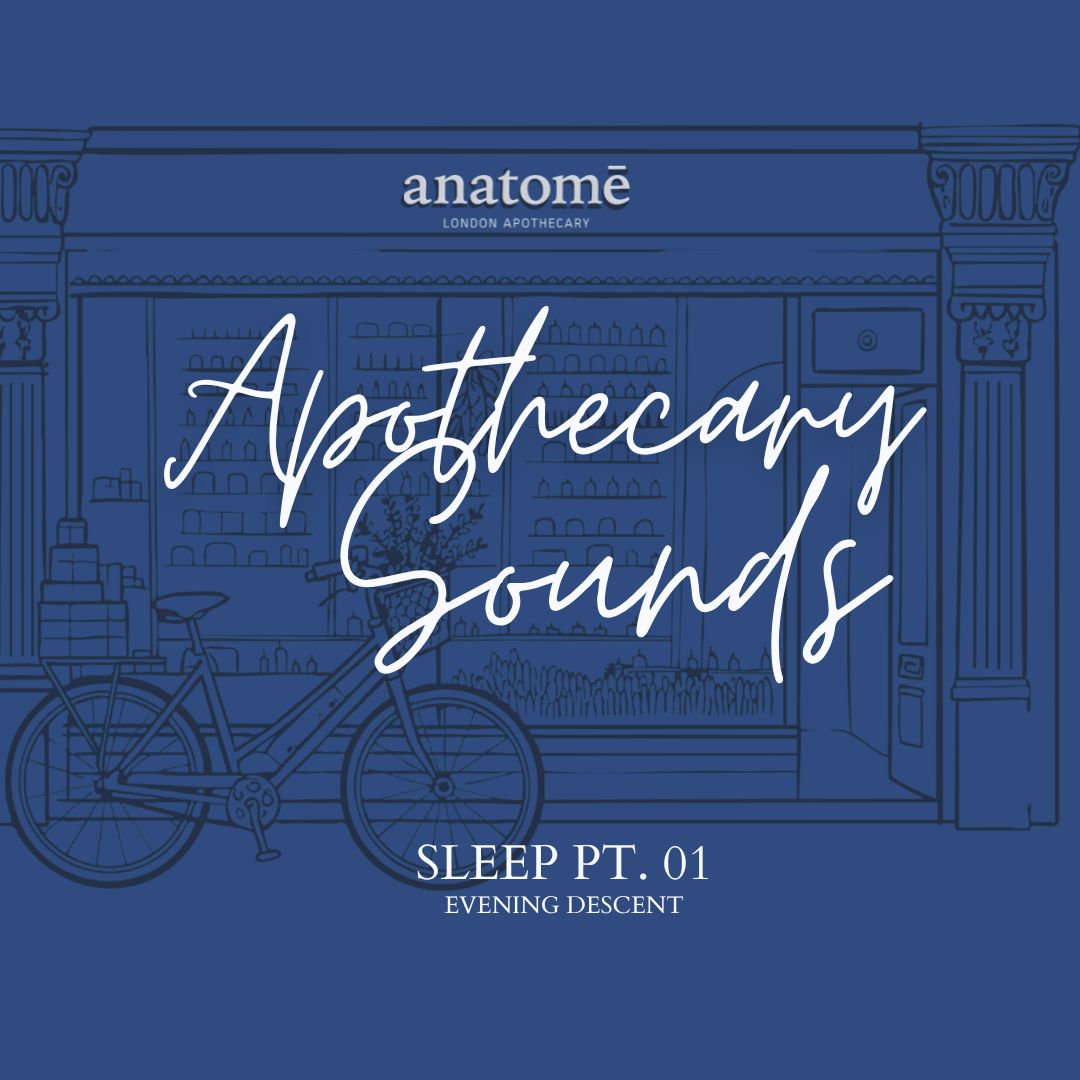


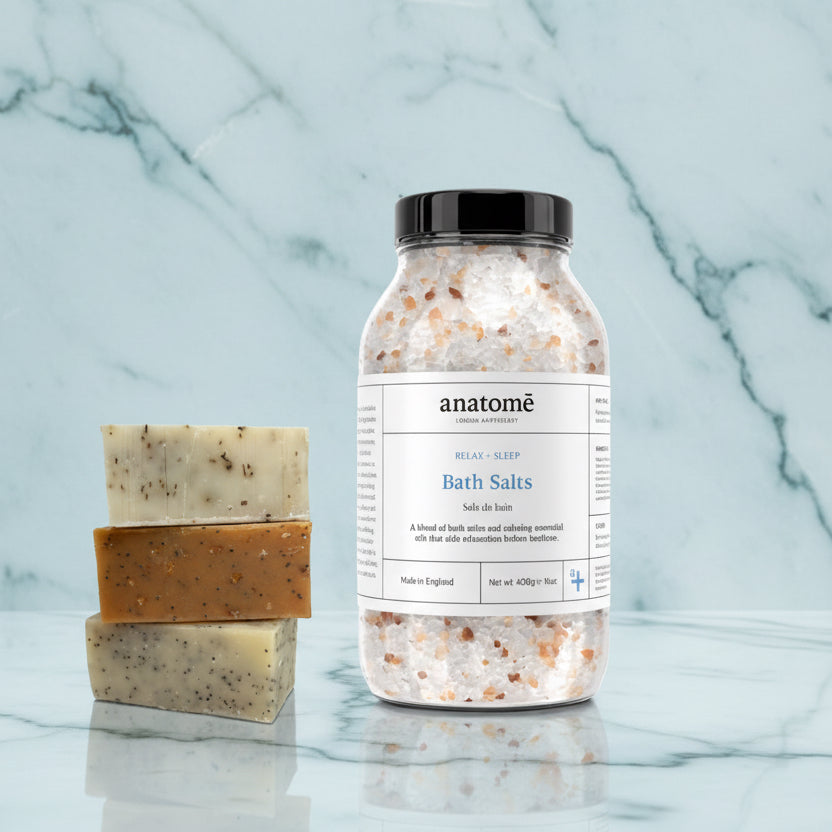
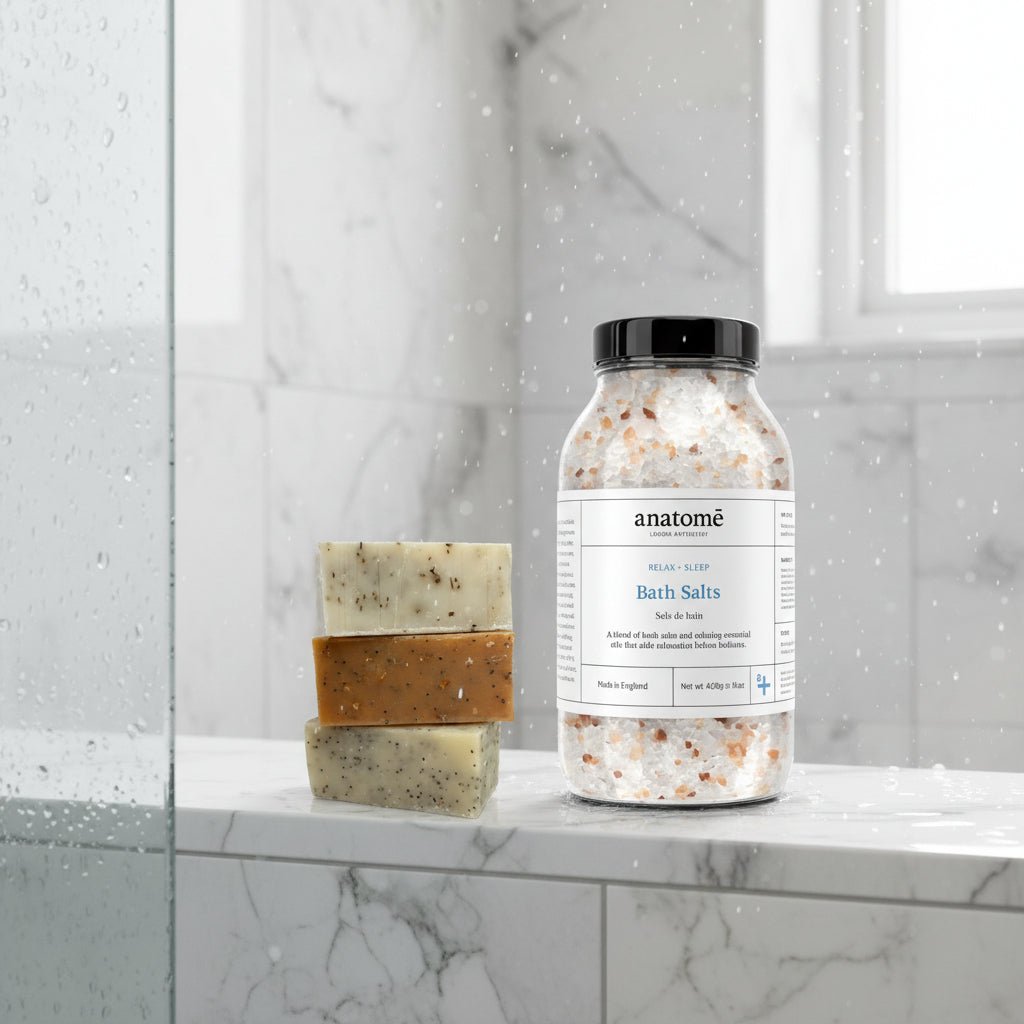
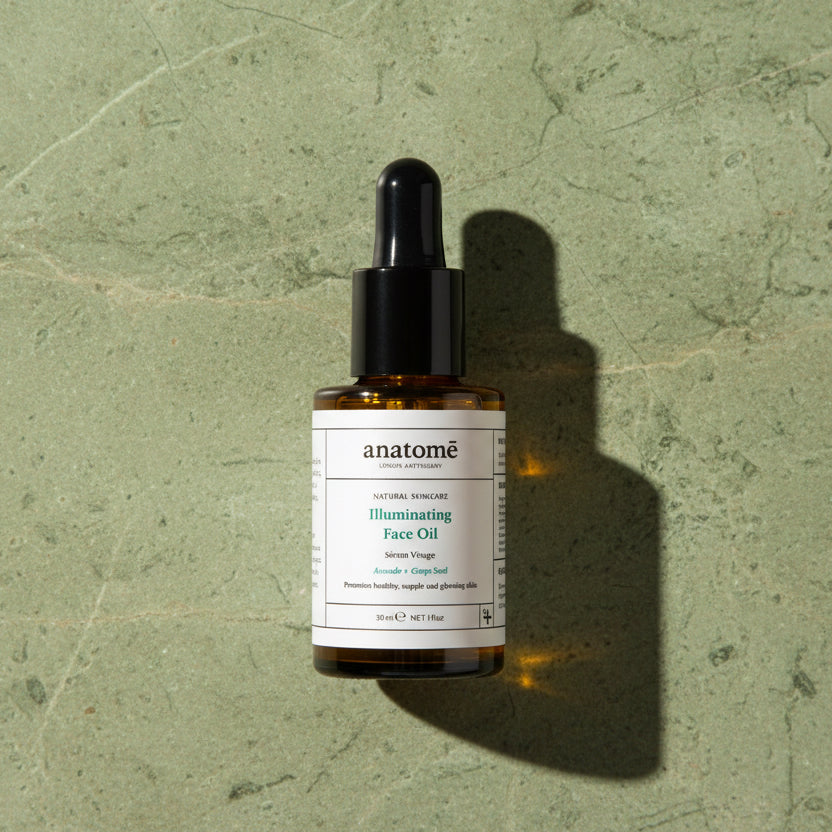









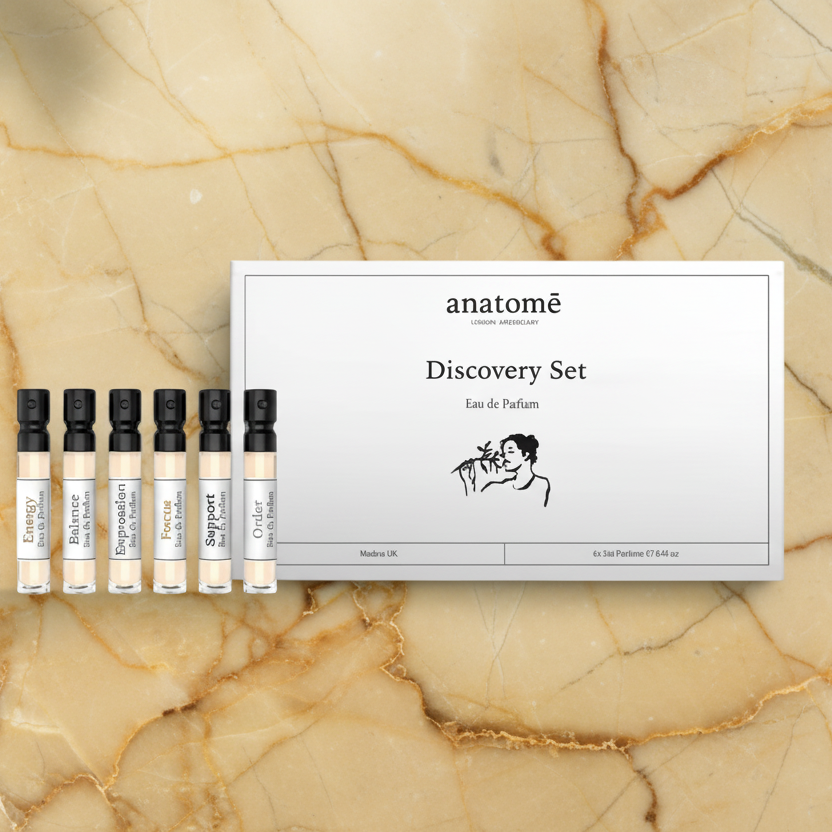
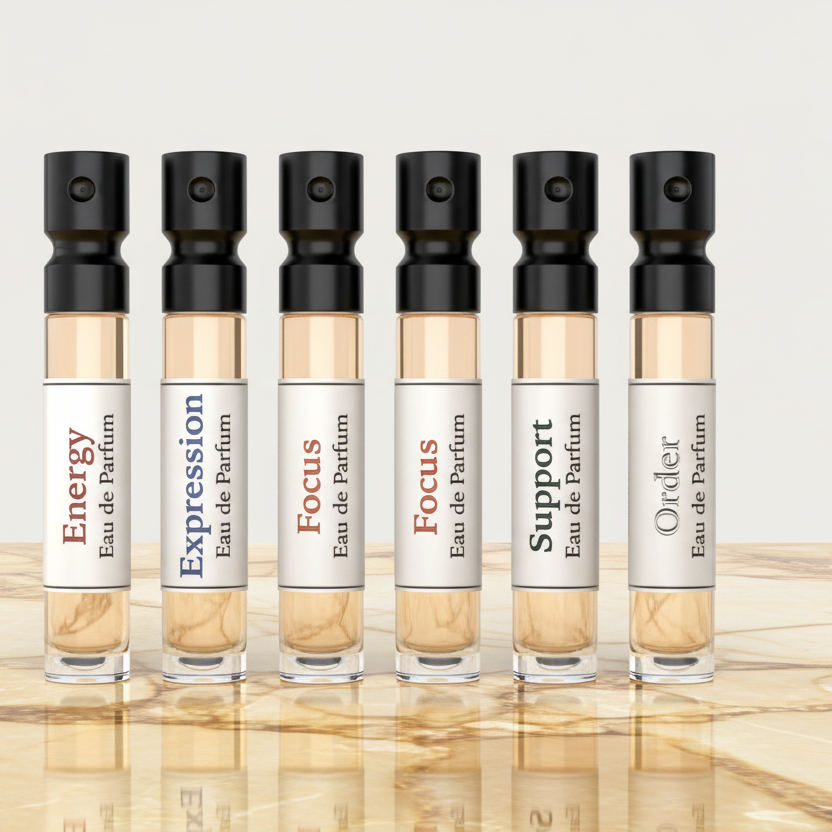



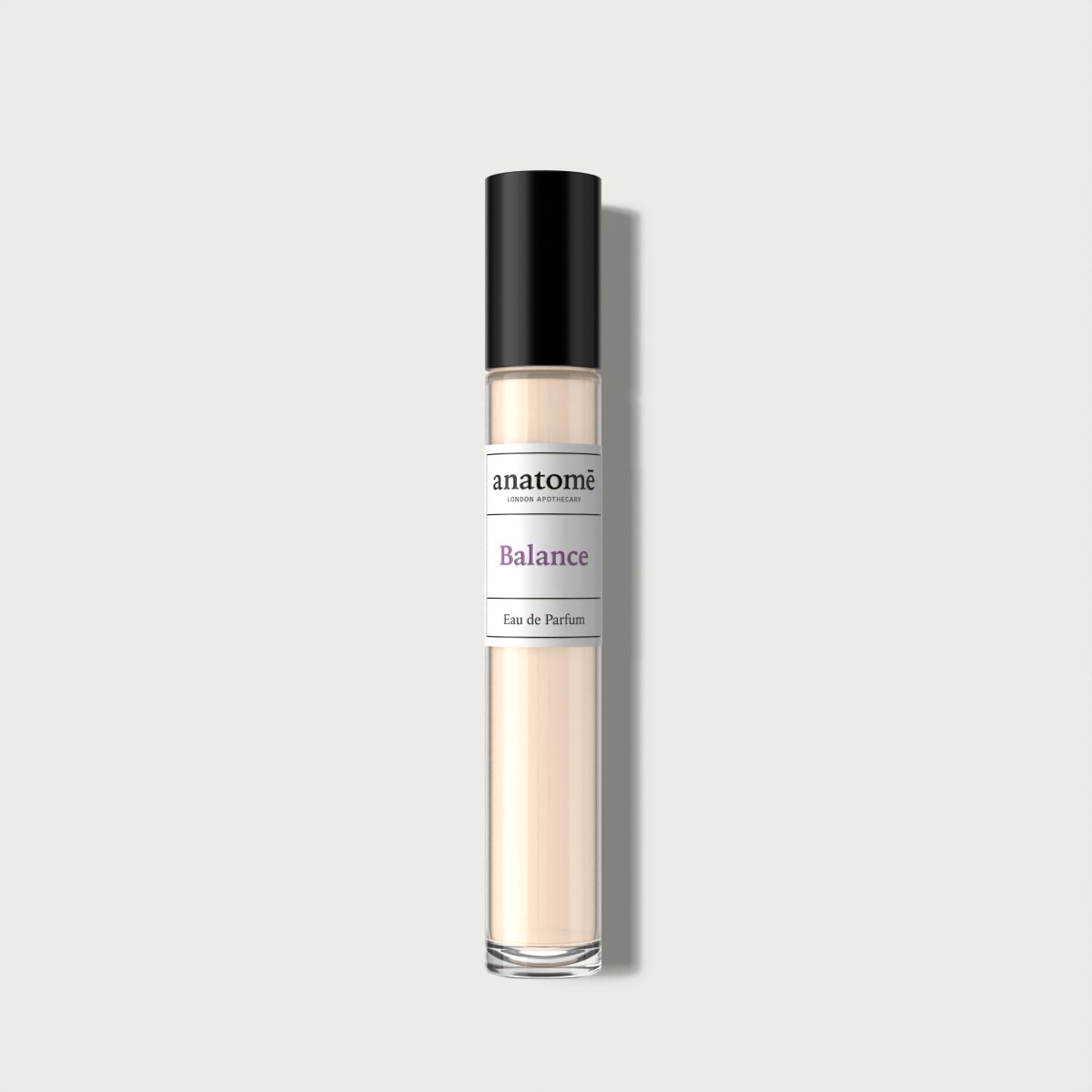

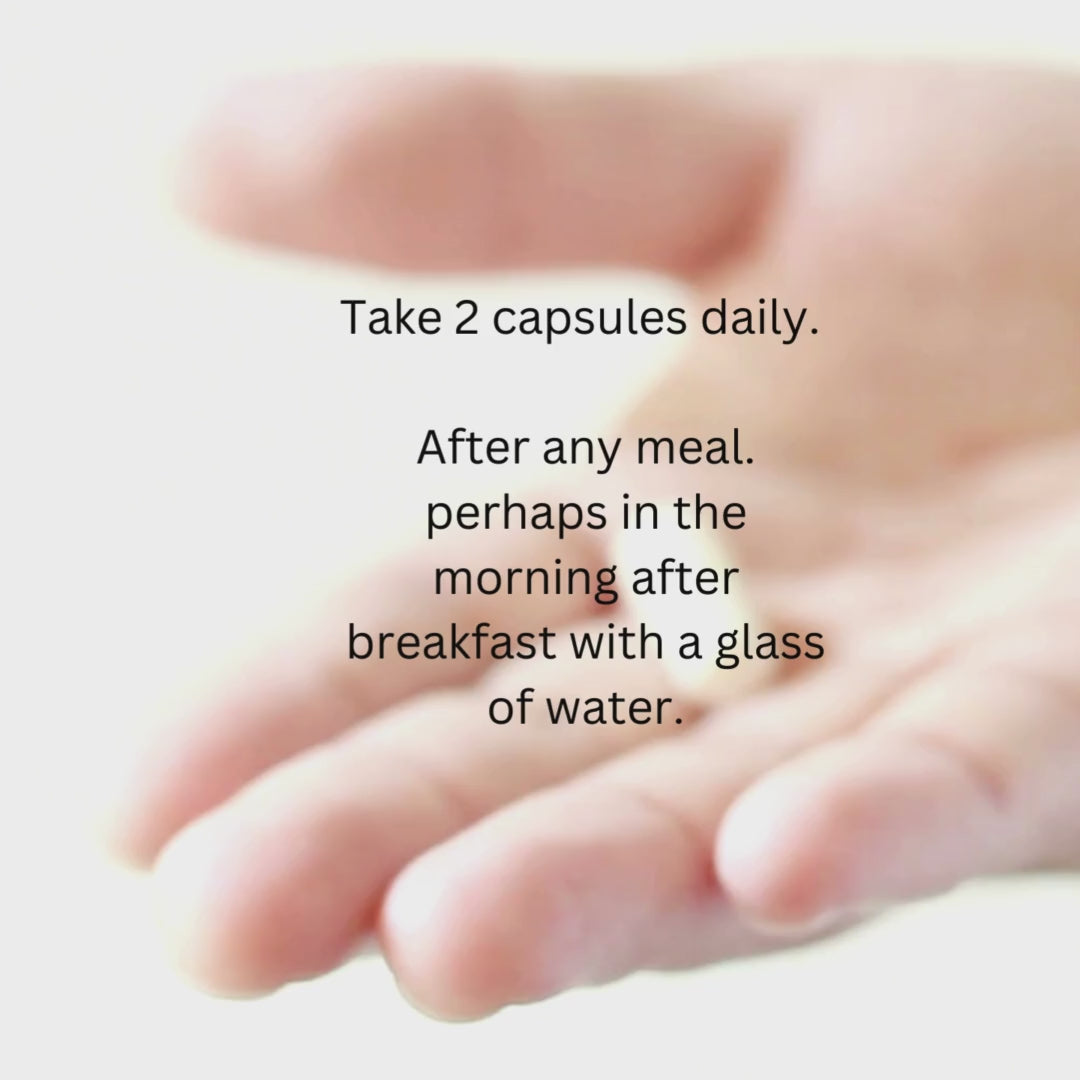






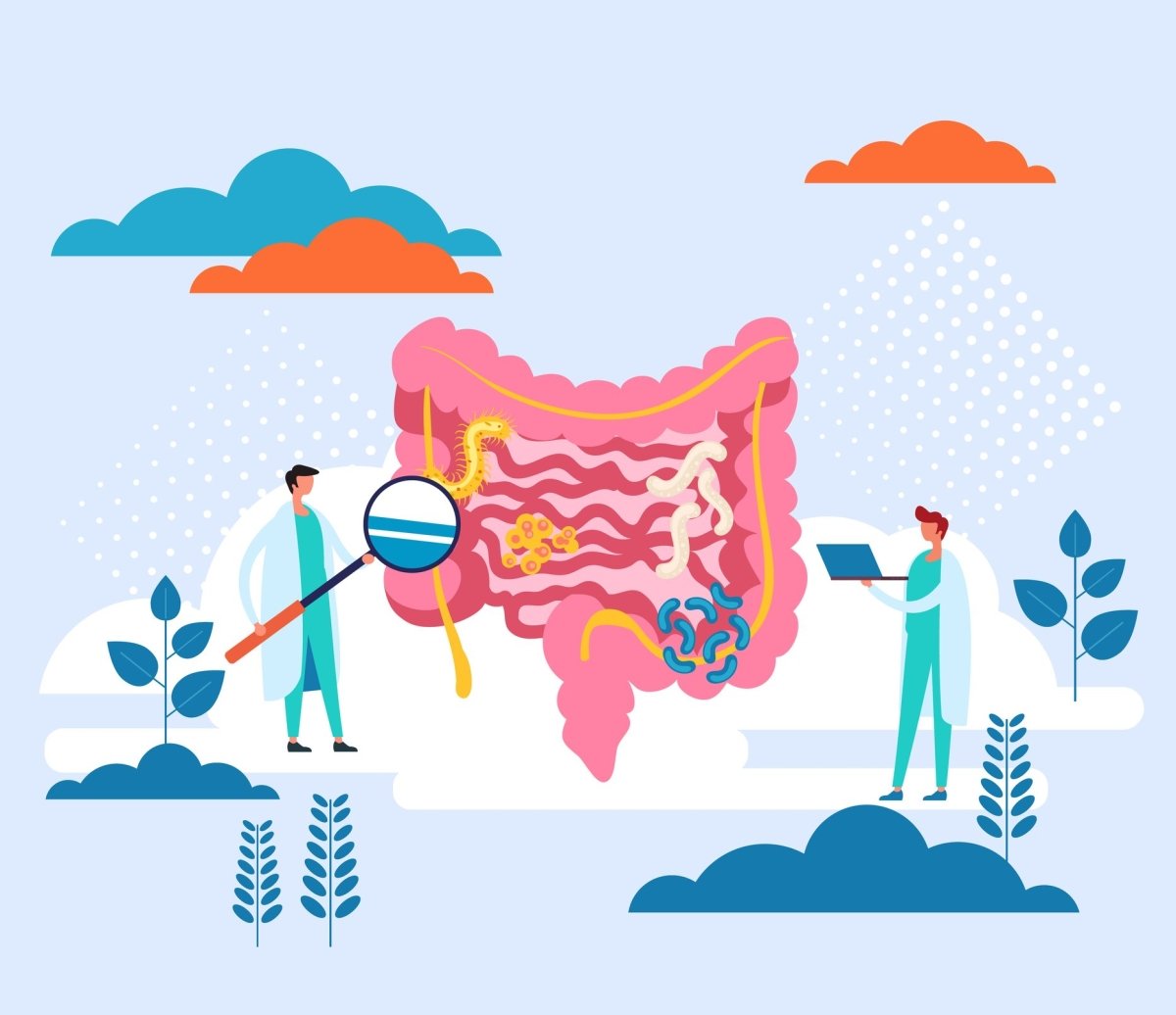





Leave a comment